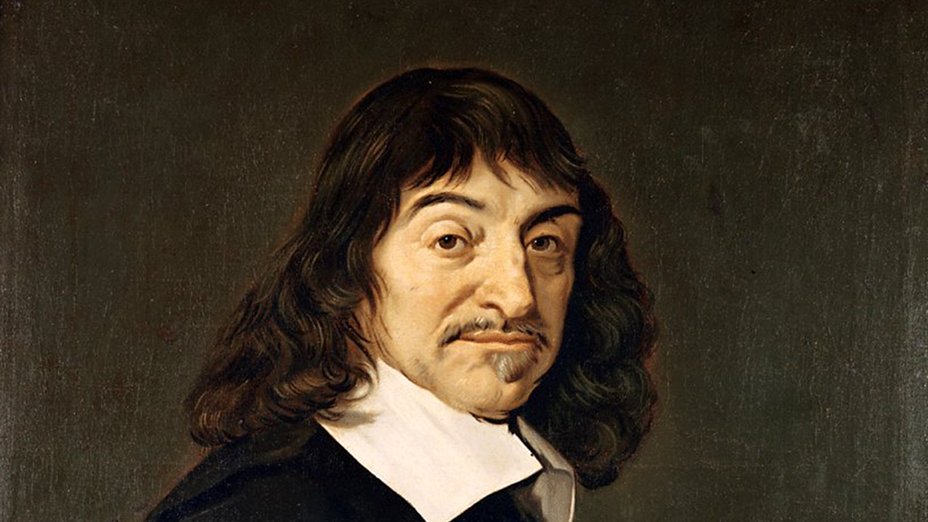Do you believe it's going to rain tomorrow? Do you believe in a life after death? Do you believe in God?
It's a little word with a lot of different meanings: believe. Of course the word is associated first and foremost with religion, with the profession of faith. But at a closer glance, many other approaches reveal themselves. Belief starts where knowledge stops, where logical thinking is of no avail, where opinions join forces with hope to combat doubt. A sphere of immense importance for Man, who is in the final event a pretty irrational creature.
Je pense, donc je suis
Enlightenment philosopher René Descartes ignored it completely when he postulated: »Je pense, donc je suis« - I think, therefore I am. Which is something of a shame. Perhaps the claim »I believe, therefore I am« would have summed up our humanity better.

Keyword »believe«
There is no subject where music doesn't have something to say. From the Elbphilharmonie music lexicon.
»Music without faith has no reason to exist«
Sofia Gubaidulina
Belief in the western world: Christianity
A central aspect of »believe« is of course the Christian faith. In music it found expression primarily in compositions for church use, e.g. in Leoš Janáček's »Glagolitic Mass«.
The Christian faith also holds great significance for Sofia Gubaidulina, the most important female Russian composer of our time, who has been living near Hamburg since the mid-1990s. For her, it is the foundation on which her life and work are based: »Music without faith has no reason to exist.« From this belief she draws a very accessible sound that reflects spirituality as well as a pleasure in vivid tone painting.
Sofia Gubaidulina: Offertorium
If you believe that
»If you believe that, good luck to you!« – thus the caustic and possibly envious comment of cynical individuals to all promises of salvation. They tend to adopt a tone of mild irony towards icons of belief, as jazz pianist Stefano Bollani demonstrates in his humorous filletting of the musical »Jesus Christ Superstar«, or they deconstruct them as idols, like the Bigband Flat Earth Society, which reviles African dictators as »Boggamasta«.

Instead, the cynics believe in nothing at all, or only in clear, unerring science. Goethe's »Faust« is one such figure: when Margarete asks him about religion, he evades the question, declaring with regret: »I do hear the message, but I don't believe it«. Faust would probably have taken pleasure in the production »Genesis«: In April 2020, the musicians from Hamburg-based Ensemble Decoder let themselves be locked up inside a disused warehouse for a week, where users sitting in front of their computer at home could steer them like avatars in a computer game, via head camera and chat.
Belief moves mountains, so they say. Whatever you believe in: the Elbphilharmonie still believes firmly in music.
Text: Clemens Matuschek, last updated: 17.7.2020
Superstition
Hummus, steam baths and angelic powers – what artists believe in before the concert.






